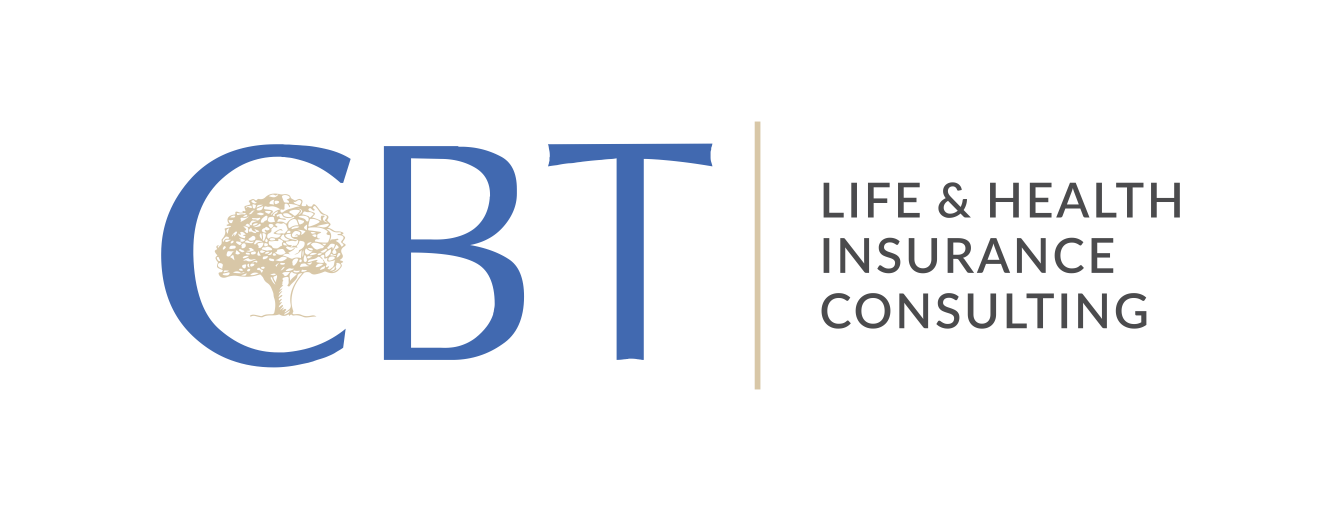Dental & Vision Insurance
Dental insurance is designed to offer you coverage for common dental care issues and to help you budget for dental services at all levels, preventive, basic and major. And Vision insurance is generally supplemental to other types of medical insurance policies. Vision insurance helps offset the costs of routine checkups and vision correction wear that may be prescribed
what is dental insurance?
Dental insurance pays a portion of costs associated with preventive, minor, and some major dental care.
How does dental insurance work? What do I pay for?
Similar to health insurance plans, with a dental plan:
You pay a monthly amount—this is your premium.
You pay for a certain amount out-of-pocket for services covered by your plan before your insurance starts paying—this is your deductible.
After you meet your deductible, you are responsible for a percentage of covered expenses—this is your coinsurance. Most UnitedHealthcare dental plans feature either a 20% or 30% coinsurance.
Under some dental plans, you might pay a fixed cost for certain services, like X-rays—this is called a copay.
What do most dental insurance plans cover?
Dental plans include coverage for preventive care like routine exams, cleanings, and X-rays. Some plans require a copay for preventive services while others cover those services 100% with no copay. It depends on the plan you choose, but preventive services are usually covered. Many dental plans also include coverage for basic services like fillings and extractions, and major services like root canals, crowns and more.
Are there special plans or dental insurance for seniors?
Many dental plans have no age limit for coverage, so customers of any age can enroll in coverage. However, there are plans available specifically geared towards customers around Medicare age that may offer more age-relevant benefits.
why do i need an eye exam?
Routine eye exams are a preventive measure for keeping your overall health and wellness. Your doctor can look for vision problems and signs of serious medical conditions such as glaucoma, cataracts, diabetes, and even cancer.
HOW OFTEN SHOULD I GET AN EYE EXAM?
As with any type of ongoing health care, annual eye exams are a good rule of thumb unless otherwise directed by your doctor.
HOW IS A CONTACT LENS EXAM DIFFERENT?
During a contact lens exam, your doctor will evaluate your vision with contacts. There may be potential risk factors with improper fitting of contact lenses that can affect the overall eye health.
HOW LONG DOES AN EYE EXAM TYPICALLY TAKE?
We recommend that you plan for about one hour, to be on the safe side. Most appointments start and end within 30 minutes to one hour. If your eyesight requires multiple tests or if you have a more complex problem, the exam may run longer or require subsequent visits.
Why does the eye doctor perform so many tests?
Eye doctors perform various tests to examine all parts of the eye, as well as to gauge your overall health. Some procedures are designed to evaluate your vision, others allow the doctor to look at the structure of the eye, and still others help detect specific diseases.


